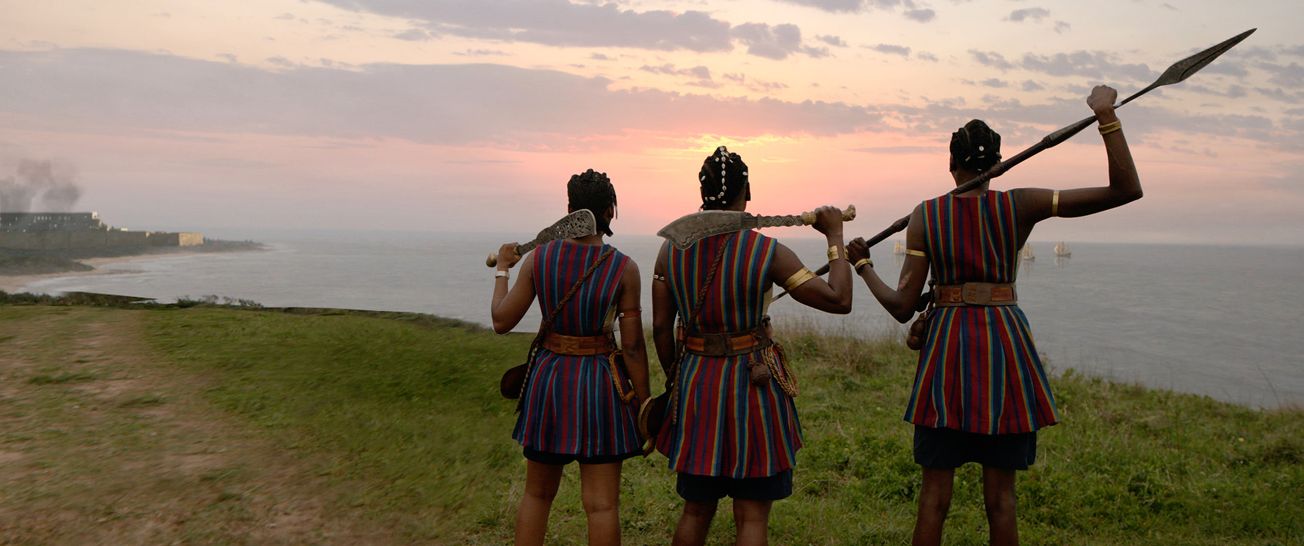By Chiyedza Zunzanyika, Third Year, Law
There is rarely a moment in The Woman King (2022) where the audience is not gripped to the screen, sunken into the story or immersed in a partially reimagined world of black female dominance. The film truly challenges contemporary norms in cinema with the same ferocity that it challenges western ideas of female empowerment.
Unsurprisingly, the ambitious project has found itself engulfed in controversy, forced to answer complex questions around slavery and the line Hollywood can cross to achieve some desired socio-political goal.
As opposed to being an accurate historical documentary, I believe that the film is better suited as a brilliant contribution to the wider and growing genre of diasporic celebration- joining movies like Black Panther (2018) in re-defining what it means to be both black, from Africa or a descendent of an African.

The star-studded film follows the Agojie, a West African all-female warrior unit that served to protect and extend the Dahomey tribe between the 17th and 19th centuries. Directed by Gina Prince Bythewood and starring a mighty, stone-faced Viola Davis, the movie frames the Agojie in a much more nuanced light than the European accounts which exist today.
The Amazons of the Black Sparta (2011) – which is the only published book on the Agoji – described the women as ‘beastly’, ‘ugly’ and animalistic. In contrast, the film’s writer takes cues from her trip to Benin (the current Dahomey) and gives the Agojie depth – painting each character with a stroke of vulnerability, wit, fear and a moral consciousness that questions the perpetual act of “selling one’s people.”
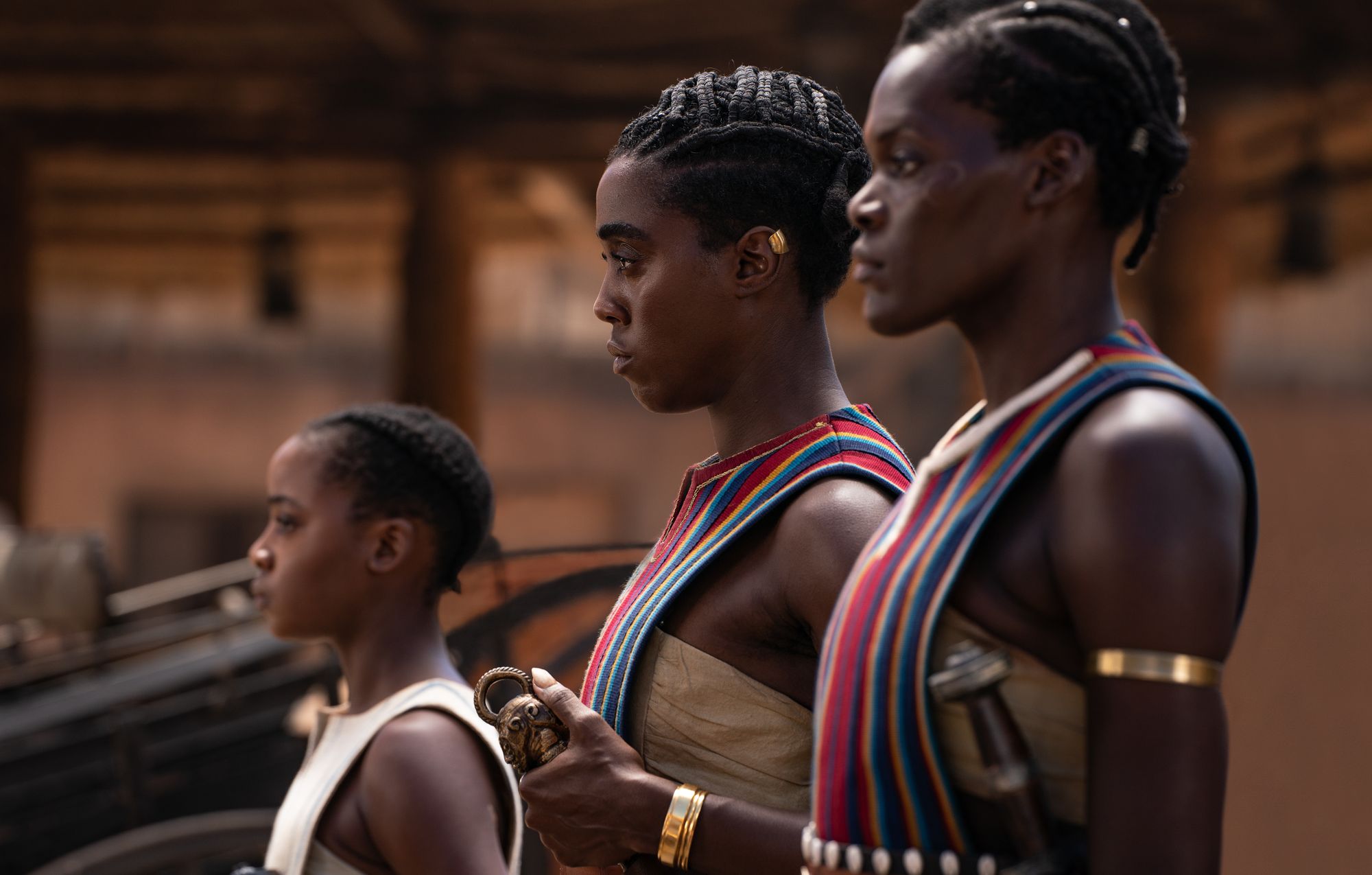
On the latter note, one might be nervous before entering the cinema due to Dahomey’s links to the slave trade. The film, at its onset, makes it clear where the tribe stood during the 16th and 17th centuries, with lines such as, “The slave trade is the reason we prosper”, stated by one character.
The trade itself, and the role of Africans in it, is a vastly complicated subject that Hollywood may not be prepared to tackle. The film tries its best to explain some of these complexities, taking note of the economic benefits afforded to states that participated in the trade, the ensuing tribal wars, and manipulation from western counterparts.
As one Portuguese trader remarks, “You stop the trade, and you will be nothing.”
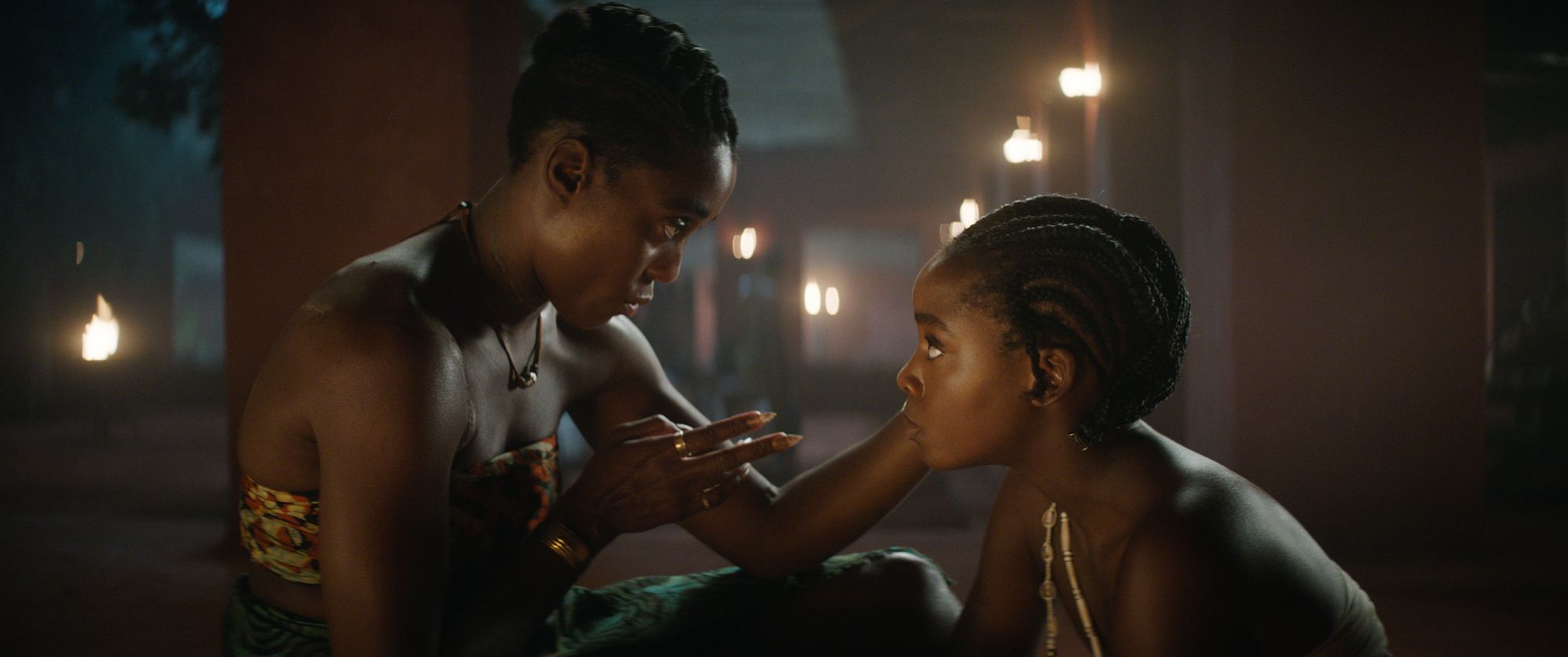
The writers, in their best effort to create pure heroines, attempt to over-dramatise the Dahomey tribes’ desire to stop the sale of people. It is arguably impossible to truly know or ascertain this. African history was – and is still – controlled and written about by the very people who conquered, enslaved, and brutalised us. Given this, we, as the viewers, can and should allow imaginative writing with the purpose of story-building.
The scenes of glory, gore and pain, encapsulated in a fresh and inspiring tale of sisterhood, were well worth the ‘rewrite’. And as one critic argues, if anything, the movie is inviting people to do some of their own research and explore areas of history that few are ever taught or choose to discover.
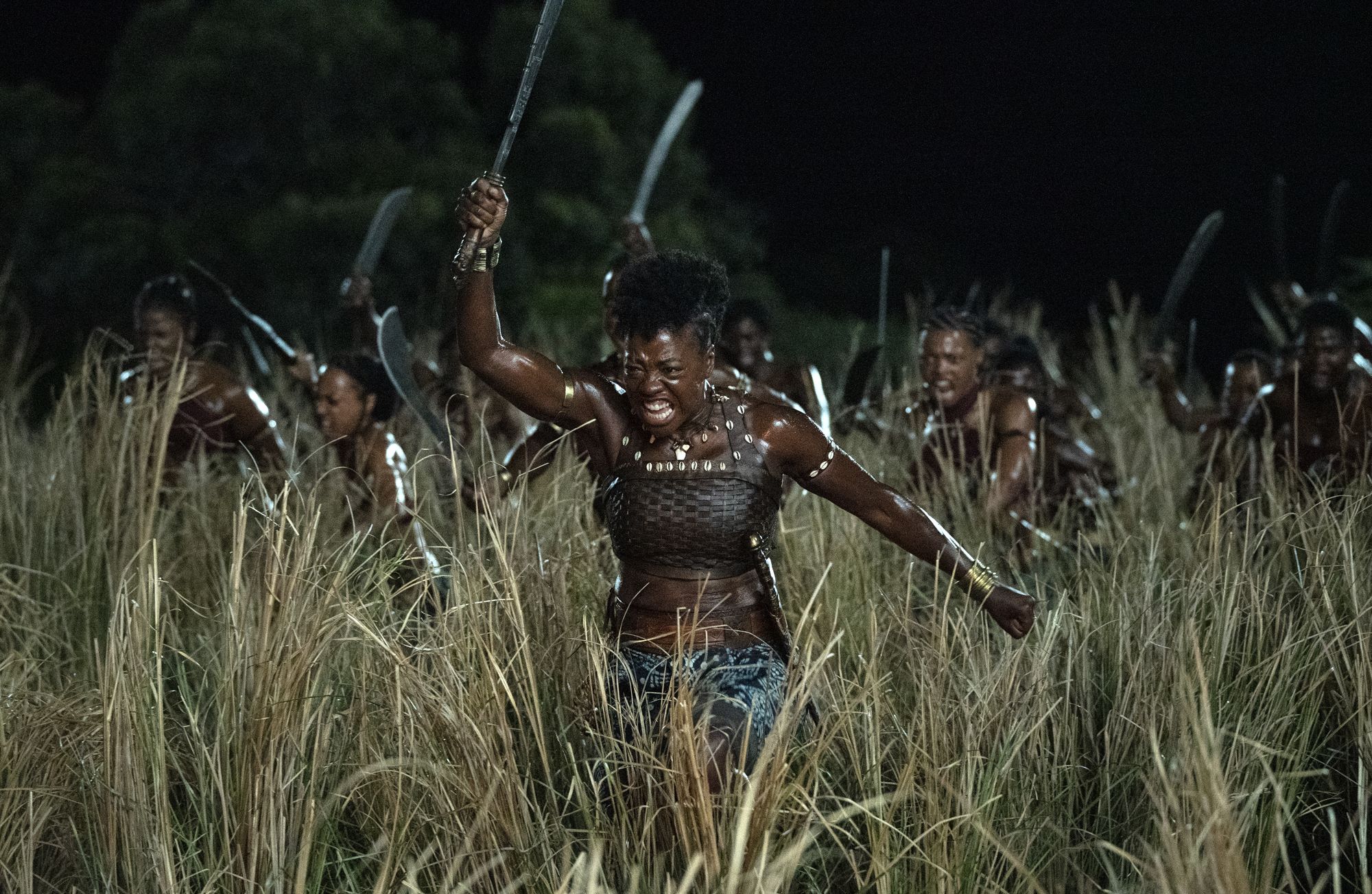
The cast is nothing short of phenomenal; Led by Emmy Award-winning Viola Davis (playing the mesmerizing general Nanisca), who trains and leads the Agojie whilst battling some horrific trauma.
It is Davis’ rare ability to present as both powerful and sensitive that subverts the “strong black girl” stereotype and re-introduces a unique interpretation of black female empowerment that is often ignored in the western feminist movement.
Lashana Lynch as Izogie steals every scene she’s in, whilst Thuso Mbedu as Nawi seemingly gives a performance that will define her career, and surely highlight her as one of South Africa’s greatest exports.
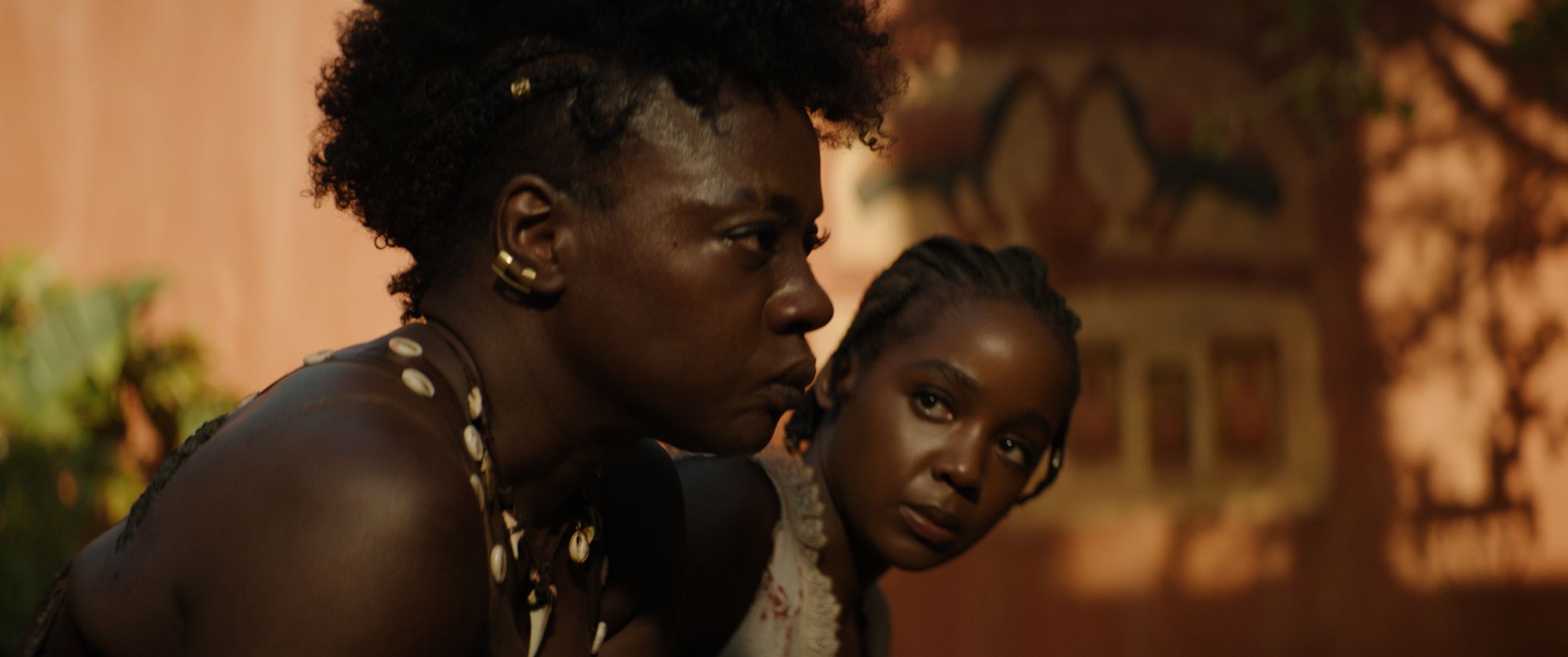
The movie itself is shot exceptionally well, and credit should be given to Bythewood’s camera work due to how superbly it showcases and magnifies dark skin, enhancing each actor’s natural colour and allowing representation to be in its truest form – physically speaking. Additionally, the atmosphere is well enhanced by a thrilling and thundering musical score.
Standing beside other cinematic releases this year, The Woman King (2022) offers an exciting, thought-provoking, and thunderous alternative to the now overdone action films and weak contemporary commentaries we have become used to. You leave the theatre feeling something, whether that be inspired, uncomfortable, seen or ready to learn more.
The Woman King, and films like it, remain a small portal into the past, present and future of African history and Diaspora talent. It is a fresh, rare entry in the blockbuster market that, I, personally, absolutely loved.
Featured Image: 2021 CTMG, courtesy of IMDB
Were you enthralled by The Woman King's cinematography?

